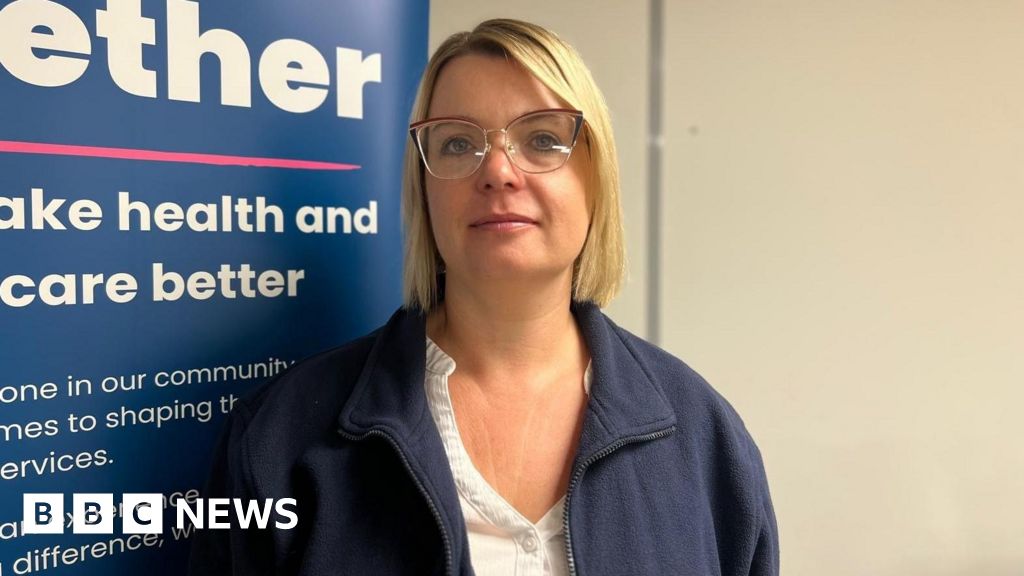Will Cutting Healthwatch Silence Patients? Concerns Raised Over NHS Feedback Changes

A significant shake-up of how patient feedback is gathered within the NHS is sparking concern. The government's proposal to abolish local Healthwatch groups – independent bodies established in 2012 to collect and report on patient experiences – has raised fears that the voices of those who use healthcare services will be lost.
What are Healthwatch groups?
Healthwatch was created as part of the 2012 Health and Social Care Act. Across England, 153 local Healthwatch boards were established, tasked with representing the views of patients and the public. They gather feedback through various methods, including surveys, focus groups, and direct engagement with communities. This information is then shared with local health and care providers, as well as regulators like the Care Quality Commission (CQC), to help improve services.
The Proposed Changes
The government's current plan involves scrapping all 153 local Healthwatch boards. Instead, feedback collection will be brought 'in-house,' meaning it will be managed directly by the NHS itself. Proponents of the change argue that this will streamline the process and ensure quicker responses to patient concerns. However, critics worry about the potential for bias and a lack of independent oversight.
Why the Concerns?
The primary concern revolves around the independence of the feedback. Healthwatch groups, being external bodies, are seen as a vital check on the NHS, providing a platform for patients to voice concerns without fear of retribution. Bringing feedback collection in-house raises questions about whether patients will feel comfortable sharing negative experiences, knowing that it will be managed by the very organization they are evaluating.
“We are deeply concerned that these proposals will silence the voices of patients,” stated a representative from a leading patient advocacy group. “Healthwatch provides a crucial link between the public and the NHS, ensuring that patient experiences inform service improvements. Losing this independent voice would be a significant blow to patient care.”
Potential Impact and the Future of Patient Voice
The impact of these changes could be far-reaching. Reduced independent feedback could lead to a decline in the quality of care as the NHS becomes less aware of patient needs and concerns. It could also hinder efforts to address inequalities in access to healthcare, as marginalized communities may be less likely to share their experiences with an internal system.
The debate surrounding these proposals highlights the ongoing tension between efficiency and accountability within the NHS. While streamlining processes is important, safeguarding the patient voice and ensuring independent oversight must remain a top priority. The future of patient representation in healthcare hangs in the balance.






